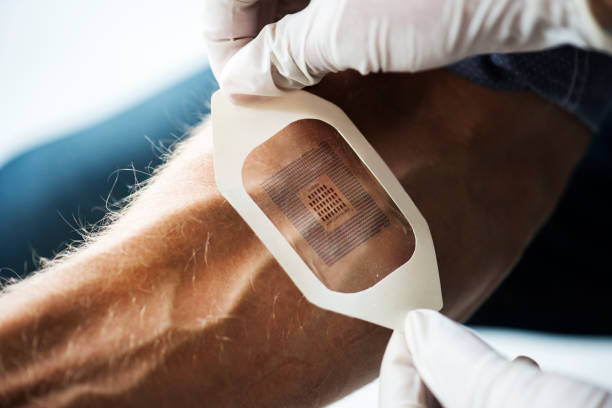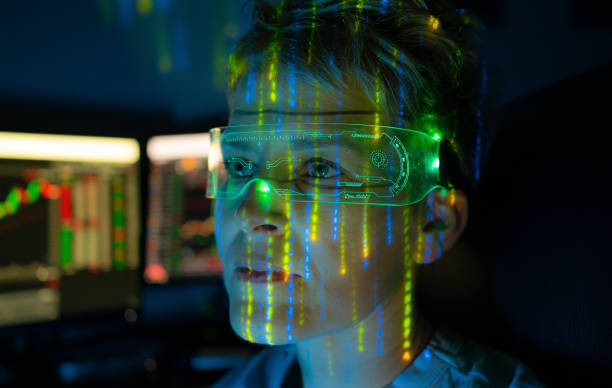The entertainment industry nowadays has a foundation that is not visible, yet very strong, the internet. As online streaming continues to grow, websites like 123moviesmirrors demonstrate that the current movie industry flourishes. This is due to the high level of connectivity and smart data processing as well as the constant technological advancement. It is no longer necessary to have DVDs or cable boxes, or to perform huge downloads.
The Power of Broadband
The streaming revolution is a product of the development of the high-speed internet. Initial online videos used to be stalled or buffered at a low quality. Fiber optic networks, 5G mobile connections, and high capacity routing technologies mean that today, a viewer can have a smooth playback even in 4K or HDR.
The CDNs are strategic in positioning servers globally to minimize loading time and lag.
This implies that users are able to stream movies almost immediately regardless of their locations. Broadband has ceased to be a convenience. It is the driver that can be used to access entertainment in all parts of the world.
Compression and Data Management
All videos that people view online are subject to smart compression technology. Some of the codecs used to reduce the size of video files include HEVC, VP9 and even more sophisticated AV1. All of these are mathematical tools that reduce the size of video files without compromising on quality. They define the efficiency of a video playback, the clarity of images, and the amount of bandwidth.
The technologies enable millions of people to watch the same movie simultaneously without overwhelming the internet. It is the balance between compression, storage management and real-time processing. Such features allow streaming to be as large as we are seeing it today.
Connection Change Adaptive Streaming
Adaptive bitrate streaming is a technology that helps to automatically adjust the quality of the video. Yet, it depends on the speed of the internet used by the user. In case the connection becomes weak, the stream is switched to a lower resolution to prevent discontinuities. As the velocity is enhanced, the quality is again raised without any hitch.
This dynamic system will provide uninterrupted playback. It applies when the internet may not be stable or fluctuate in certain spots. As a result, it makes the movie access more universal among regions.
Internet as a Cultural Bridge
Cinema is not only fun, but a system of cultural exchange. By streaming, viewers on one side of the globe can simultaneously watch the same movie minutes after the other. It makes this content available all over the world. The content exposed the viewers to new cultures, languages, and forms of storytelling and viewpoints.

International movies that were a preserve of festivals and special screenings are easily found. The internet therefore contributes to more cultural awareness and appreciation. Exposure of individuals to other stories that are not limited to their immediate surroundings make this happen.
Entertainment Cybersecurity
As the streaming is expanding, online security is demanding more. The audience should be careful not to fall prey to suspicious links, networks, and trusted sites. The use of cybersecurity practices will allow security of personal information, browsing history, and devices when browsing the movie sphere. The information has better placed risks at bay and has made viewing a safer experience to all.
The resources like the ones about bandwidth for modern streaming or cybersecurity essentials for everyday users. These are helpful in gaining further understanding of how technology makes entertainment available and safe.
Conclusion
The success of the movie domain is attributed to the outstanding developments in internet technology. With high-speed broadband to smart compression and robust cybersecurity, all these elements contribute to a seamless and secure streaming experience. Due to the increased connection in the whole world, more and more access to various stories and cultures opens and becomes significant.
There will still be the development of the future of entertainment as networks become faster, data management becomes smarter, and there is improved security. Learning the technology that drives streaming does not only make our watching experience more enjoyable. It also allows us to be more appreciative of the intricate systems that drive the movies that we watch on a daily basis.
 Network solutions are effective in enhancing speed, security, and accessibility. Optimized connectivity helps in the productivity and satisfaction of users in various sectors.
Network solutions are effective in enhancing speed, security, and accessibility. Optimized connectivity helps in the productivity and satisfaction of users in various sectors.

 Chewing Gum and FastCampus are common in pragmatic digital courses in data, codifying, and selling.
Chewing Gum and FastCampus are common in pragmatic digital courses in data, codifying, and selling. Mass datasets used in training for artificial intelligence systems can reflect and magnify current prejudices. Discriminatory results in fields including financing, hiring, and criminal justice can follow from this.
Mass datasets used in training for artificial intelligence systems can reflect and magnify current prejudices. Discriminatory results in fields including financing, hiring, and criminal justice can follow from this. This adds another degree of security by demanding a second verification code when logging into your password vault.
This adds another degree of security by demanding a second verification code when logging into your password vault. Berners-Lee developed the World Wide Web (WWW) as a solution. He created a number of essential technologies to realize his vision:
Berners-Lee developed the World Wide Web (WWW) as a solution. He created a number of essential technologies to realize his vision: Here are some important things you can do to make a website that people will love:
Here are some important things you can do to make a website that people will love: There are good and bad locksmiths, so not all are created equal. When searching for someone to service your smart home, look for these factors:
There are good and bad locksmiths, so not all are created equal. When searching for someone to service your smart home, look for these factors:




